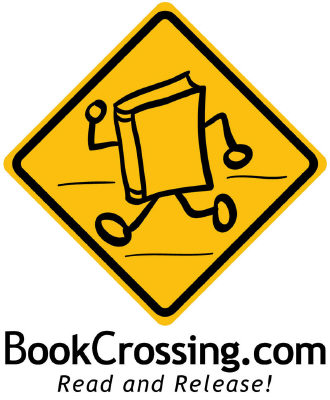 This review, which I wrote, appeared previously on a different Web site. If you want the link to the original, please leave a comment below and I will contact you directly. If you want me to view it without publishing your name, I'll gladly do that. I keep no list of readers, so I won't sell it anywhere.
This review, which I wrote, appeared previously on a different Web site. If you want the link to the original, please leave a comment below and I will contact you directly. If you want me to view it without publishing your name, I'll gladly do that. I keep no list of readers, so I won't sell it anywhere.So you have a great idea for a movie? Join the club. The more important question is do you have the means to produce it.
In
The Art of Film Fundraising,
Carole Lee Dean explains that it's not enough to have a great script or a visionary director. "If you don't have funding, you don't have a film," she writes. "You might be able to pull off a small project with the help of [credit cards], but if you do not learn the art of funding, your film career is going to be very short."
While many books on film funding focus on whether a film
should be made, Dean's book assumes that the reader has already answered that question in the affirmative. With that out of the way, she then poses ten questions (Why are you the right person to make the film? How many hours per week can you put into the film?) that potential filmmakers should ask themselves to determine whether they are truly committed to seeing a project through to completion.
In her book, Dean, who has produced more than a hundred television programs and started
From the Heart Productions, a 501(c)(3) organization dedicated to funding films that are "unique and make a contribution to society," discusses the myriad ways to finance a film, including a detailed section on foundation grants. And while the book focuses exclusively on fundraising for film projects, the lessons Dean shares with her readers are more broadly applicable:
o Know who your potential funders are;
o Develop a strategy based on each individual funder;
o Keep your options open and seek multiple sources and types of support;
o View rejections as opportunities to learn and improve.
Throughout, Dean includes excerpts of her conversations with professional filmmakers, who provide a practitioner's perspective on the realities and technical aspects of filmmaking. The interviews not only provide useful tips but also illustrate how filmmaking has changed over the last couple of decades, as well as why fundraising for filmmakers is more important today than it was fifteen to twenty years ago. She asks filmmaker Morrie Warshawski, for example, where the best place to look for funding is, to which Warshawski replies: "It is too big a question to answer generally. If you are making an independent narrative feature film, you probably don't want to go to private foundations. On the other hand, if you are making a social issue documentary, then you absolutely do want to go to private foundations."
The book is divided into easy-to-follow chapters on such topics as what to include in a film proposal, how to research funders and write grant applications, and how and what to look for from individuals and businesses. Indeed, Dean's recommendations tend to be straightforward and practical (e.g., invite potential donors to fundraising parties at which snippets of a film in progress are shown), and the book often reads like a collection of helpful magazine articles rather than a book.
If Dean had simply published the book's fifty-page appendix of Web links, contact names, addresses, phone numbers, and other resources,
The Art of Film Fundraising would be a valuable resource. But with all the additional information she provides, Dean has put together a toolkit that any independent filmmaker or nonprofit looking to produce a documentary film will want to keep close at hand.









